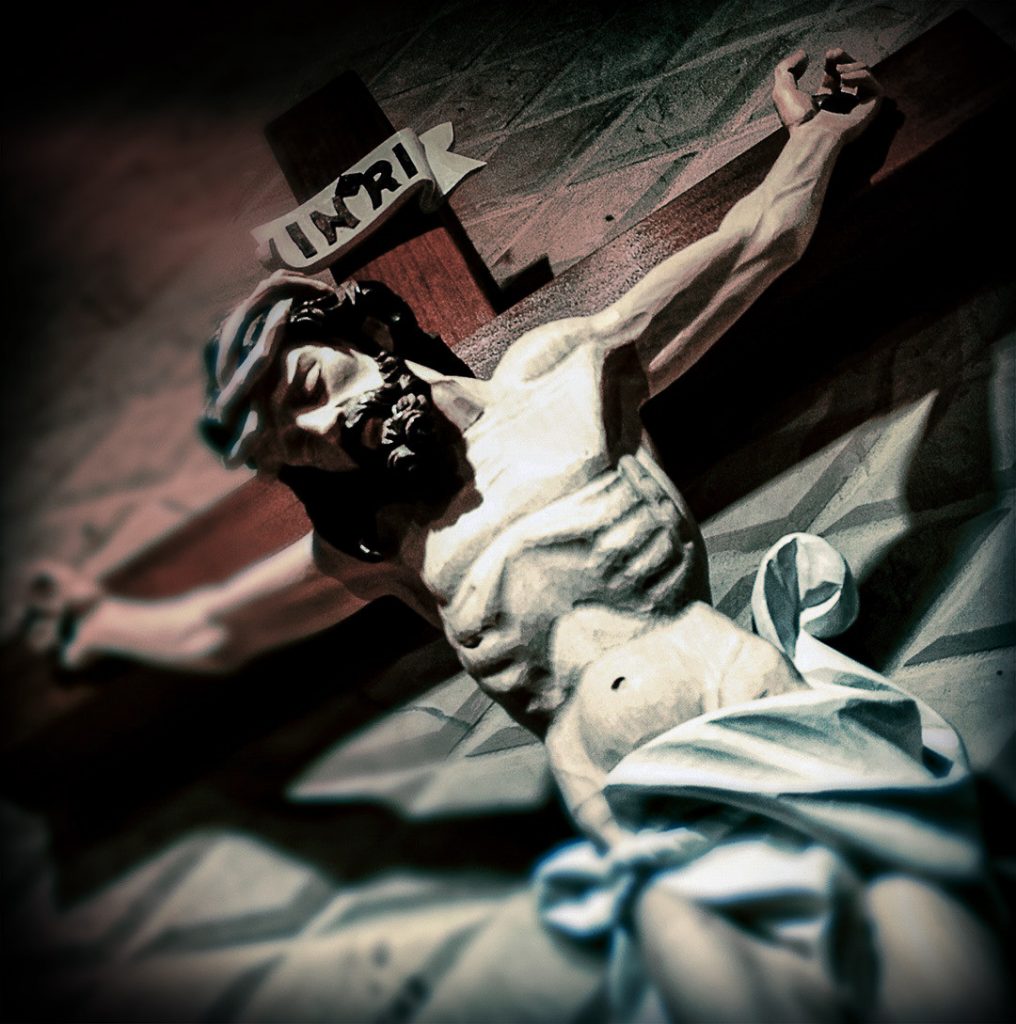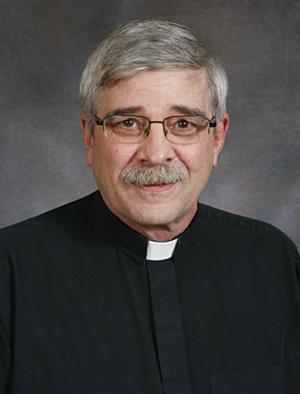Farewell to Alleluia
 by Timothy Teuscher
by Timothy Teuscher
The omission of the “alleluia” (Hebrew for “praise the Lord”) during the season of Lent has been described as the church’s ‘fast’—a fast we observe until we hear the joyful news of Christ’s resurrection on Easter morning and that glad “alleluia” sounds forth once again from God’s people. “We part from the ‘Alleluia’ as from a beloved friend, whom we embrace many times and kiss on the mouth, head, and hand, before we leave him” is how a bishop in the Middle Ages expressed it.
The 11th century Latin hymn, Alleluia, Song of Gladness (LSB 417), which is fittingly sung at the conclusion of the service on the final Sunday of the Epiphany season, explains why we bury the “alleluia” in view of the coming penitential season of Lent. The hymn begins with the joy of the angels and the church in heaven that is sung for all eternity—a “song of gladness, voice of joy that cannot die” (verse 1).
Down here on earth, however, it is a different matter for Christ’s church. While the church above always sings its “alleluia” before the throne of God, the church below does not, because “here by Babylon’s sad waters mourning exiles still are we” (verse 2).
Those words, taken from Psalm 137, are the lament of the children of Israel exiled to Babylon because they had abandoned God for the false gods and evil ways of surrounding nations. How could they sing and rejoice having lost all that they had? And we, too, are exiles in this evil and sinful world, this Babylon with its false religions and abominations as depicted in the eighteenth chapter of Revelation. We experience its temptations and tribulations: fiery trials, insults for the name of Christ, the devil prowling around looking for someone to devour (1 Peter 5:8). So too C.S. Lewis describes the Christian life in this world: “The cross comes before the crown and tomorrow is always a Monday morning.”
“We part from the ‘Alleluia’ as from a beloved friend, whom we embrace many times and kiss on the mouth, head, and hand, before we leave him” is how a bishop in the Middle Ages expressed it.
Not only can we not always sing our joyous “alleluia” living as we do in this sinful, sick, and dying world, “our transgressions” also “make us for a while forgo” (LSB 417:3). Instead, as the hymn continues, “the solemn time is coming when our tears for sin shall flow.” This, of course, is a reference to Lent which is traditionally a penitential time of prayer and fasting, and a time when we meditate on the sufferings of Christ. And such meditation is not simply on the sins of Judas who betrayed Him, of Peter who denied Him, of Caiaphas who schemed to have Him put to death, or of Pontius Pilate who gave the order for Him to be crucified.
Rather, it is above all a meditation on my own sins which caused the very Son of God to shed His holy precious blood there on the cross.What sins? The Small Catechism answers: “Consider your place in life according to the Ten Commandments. Are you a father, mother, son, daughter, husband, wife, or worker? Have you been disobedient, unfaithful, or lazy? Have you been hot-tempered, rude, or quarrelsome? Have you hurt someone by your words or deeds? Have you stolen, been negligent, wasted anything, or done any harm?” When we do these things, how can we not but confess in the words from the office of Compline: “I have sinned in thought, word, and deed by my fault, by my own fault, by my own most grievous fault”?
May the farewell to the “alleluia” help us anticipate not only the joy of Easter, but also the eternal joy that Christ’s resurrection promises us when we will be “forever singing alleluia joyfully.”
Is there hope for sinners like you and me? Will our tears for sin ever be wiped away? Will there come a day when we are no longer mourning exiles? The final stanza of the hymn answers: “Grant us, blessed Trinity, at the last to keep glad Easter with the faithful saints on high; there to you forever singing alleluia joyfully” (LSB 417:4).
 Those words do not simply point us past the season of Lent to Easter Day when the joyous “alleluia” sounds forth again from our lips. They also direct us to the joy of eternity, to that Easter Day on the Last Day when the risen Lord will appear not just to Mary Magdalene at the empty tomb or to the disciples in the upper room but in all His glory on the clouds of heaven—to that eternal Easter Day when we will sing and make music to the Lord with no more sadness, mourning, or tears.
Those words do not simply point us past the season of Lent to Easter Day when the joyous “alleluia” sounds forth again from our lips. They also direct us to the joy of eternity, to that Easter Day on the Last Day when the risen Lord will appear not just to Mary Magdalene at the empty tomb or to the disciples in the upper room but in all His glory on the clouds of heaven—to that eternal Easter Day when we will sing and make music to the Lord with no more sadness, mourning, or tears.
As we enter Lent, may our fasting from the “alleluia” remind us that in this world we are always mourning exiles, in need of penitential prayer and repentance, and of the forgiveness Christ has won for us by His bitter sufferings and death—forgiveness which He bestows upon us in His Word and the blessed Sacrament. May the farewell to the “alleluia” help us anticipate not only the joy of Easter, but also the eternal joy that Christ’s resurrection promises us when we will be “forever singing alleluia joyfully.”
———————
Rev. Timothy Teuscher is President of Lutheran Church–Canada.



